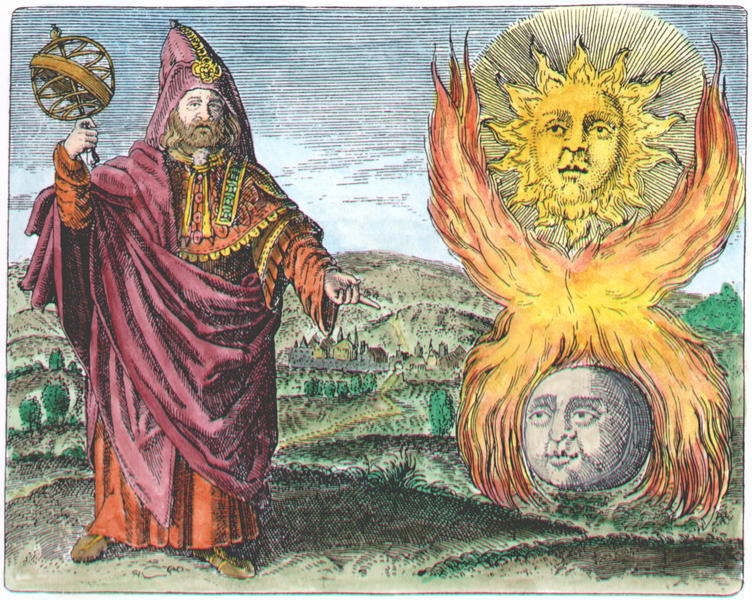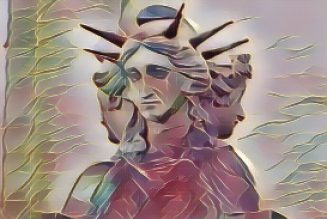
Truth be told, a lot of magick is founded on philosophy. Case in point: the Hermetic principles. The Hermetic principles are a set of philosophical beliefs based upon the ancient writings of Hermes Trismegistus. According to folklore, these principles or laws were originally inscribed upon emerald tablets and were discovered by Alexander the Great when he opened Hermes Trismegistus’s tomb. After the tablets were translated, they were supposedly hidden again;
however, the wisdom obtained from the tablets was carefully protected and handed down over the ages. For example, one of the more well-known lines on the tablets may look familiar to today’s magickal practitioners: “As above, so
below. As within, so without.” The legend of the tablets became the cornerstone for Hermetic sciences and philosophy. These ancient principles laid the foundation for alchemy and ceremonial magick.
Some attribute this philosophy to the actual writings of the god Hermes and others say it was the Egyptian god Thoth. There are some schools of thought that believe it was both gods—that Hermes was and is a god of magick and knowledge, and thus is known by many different cultures and by many different names. There is also another popular theory that says Hermes Trismegistus was a divine teacher/alchemist/master magician of sorts. Or that “he,” the author of the principles, was really a trio of anonymous initiates…confused yet?
Well, for starters, try breaking down the meaning of Hermes Trismegistus’s name. Hermetic means “sealed” or, some say, “secret knowledge,” while Trismegistus means “thrice great” and refers to the three branches of wisdom that Hermes Trismegistus possessed.?








